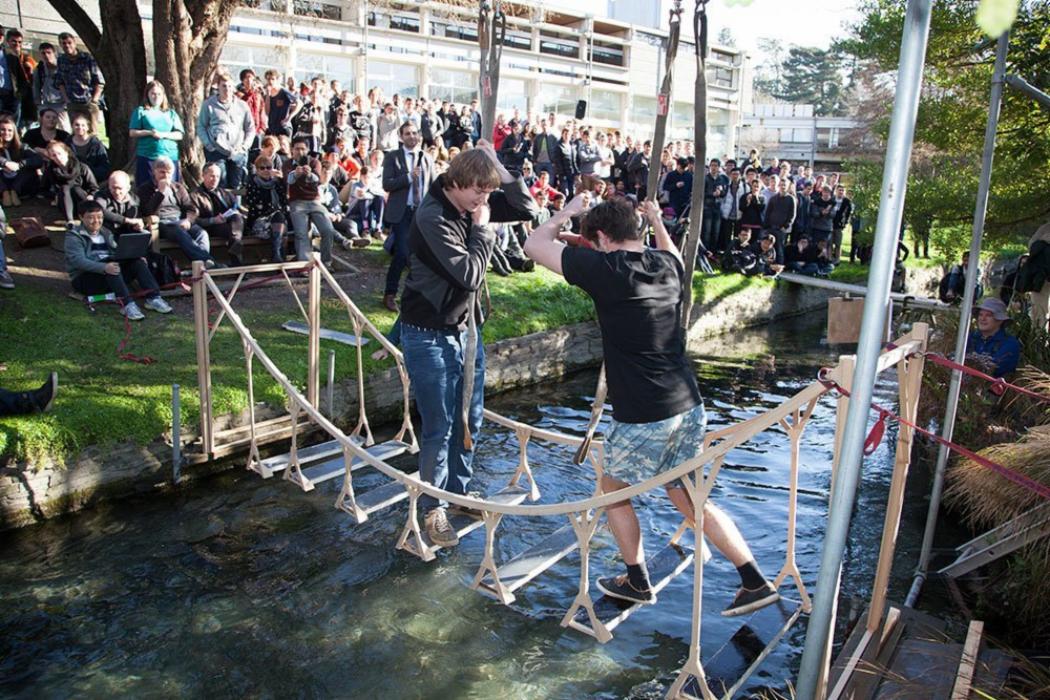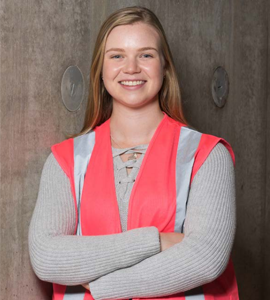Civil Engineering
Introduction
Civil Engineering is all about the infrastructure you see around you — buildings, roads, water supply, and transport, to name a few.
You will learn how to strengthen the design of structures to withstand 21st century challenges such as sustainability and climate change, as well as natural disasters like earthquakes and floods.










